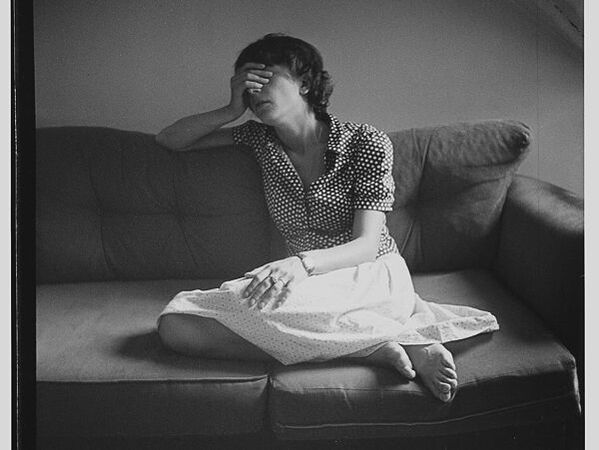One of my early solutions, discovered in the wake of my beloved daddy's 1970 death, was illegal drugs. "Better living through chemistry" was DuPont's motto and mine. And until it occurred to me, at age 21, that the stuff might actually be dangerous, I was able to vanquish my sorrow by simply downing a pill or smoking a little marijuana.
Alcohol followed. Nothing like a good cold beer or two or three to chase away thoughts of never seeing loved ones again.
And when all else failed, a good long cry often provided some relief, especially when it was propelled by the most maudlin hits of the hippy era. As I reported in Heaven Without Her:
[It] seemed as though the entire music industry was conspiring in those days to remind me that life was hopeless and that sorrow would always be the rule. Amidst all the bubble-gum ditties and drugged-out rock of the early 1970s were heart-wrenching songs like James Taylor’s “Fire and Rain” and Gilbert O’Sullivan’s “Alone Again (Naturally).”
And then in 1974, Helen “I Am Woman” Reddy released “You and Me Against the World” – a song in which a mother is apparently telling her daughter that, once one of them has died, it’s pretty much over:
"Then remembering will have to do,
Our memories alone will get us through …"
What marketing types now call the “takeaway” was pretty clear: One day death will separate us, and that’ll be it: memories only, no hope for an eternal reunion.
I played that song over and over again late into the decade, trying in vain to cry the sorrow out of my system once and for all.
These were all just temporary fixes, of course. It would take me another quarter century, and a killer heartbreak, to seek comfort beyond my own thinking, and that of our culture's thought leaders.
Thank God, I found it at last in the truth of His word.

 RSS Feed
RSS Feed